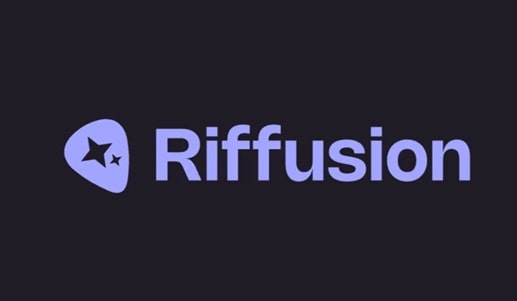AI music is getting more and more popular these days, but is it against the law? Riffusion, a well-known AI music production platform, is at the focus of more and more copyright arguments. As more artists and brands fight back against AI-generated content, a lot of people are now asking, “Is Riffusion being sued?”
Let’s go down the existing legal situation, look at the risks involved and see what it means for users.
Is Riffusion Being Sued Right Now?

No, Riffusion is not currently being sued in public.
At the time of writing, there are no online or oflfine judicial records or official complaints against Riffusion Platform. However, lawyers and other legal experts are talking about the site as a possible target for lawsuits because of its way of working.
Riffusion hasn’t been sued yet, but other AI music startups like Suno and Udio have previously been sued by the record companies for copyright infringement on a huge scale.
Why Riffusion Could Still Get in Trouble with the Law
1. Not enough information about the training data
Riffusion is built on a diffusion model that was developed on audio spectrograms, which are pictures of sound. But it’s not obvious what kind of music or sound was used to train the model.
Riffusion may be in the same legal trouble as other artificial intelligence systems that are accused of “scraping” copyrighted information if it used copyrighted tunes without authorization.
2. AI and Copyright Law Are Still Changing
Riffusion is in a gray area. Under present copyright law, it’s not clear whether AI-generated content is protected or not. That means that platforms like Riffusion could be sued or ruled against in the coming future, especially as new legal precedents come out.
3. Like Platforms That Have Been Sued
Companies like Suno and Udio have been sued a lot for making tunes that sound like copyrighted music. If Riffusion’s outputs look a lot like copyrighted works, it may be sued for the same thing, even if it didn’t mean to.
What is Riffusion’s current protection?
- Foundations that are open-source: The first Riffusion AI model was made available under an open MIT license, which offers some protection to both developers and consumers.
- No Named Artists or Copying: Riffusion is less risky than deepfake vocal AI technologies because it doesn’t try to clone voices or copy specific tunes.
- No Confirmed Use of Copyrighted Data: So yet, there is no public proof that Riffusion used copyrighted music to train its AI model.
Still, there is still a problem with openness, and that might become a problem.
Should users be worried about it?
If you’re making music with Riffusion, be careful not to use it for commercial purposes. You might accidentally copy patterns from works that are protected.
- Keep an eye on legal changes in AI music, since any litigation could have an effect on all platforms in this area.
- Always verify the licensing terms and choose open-source versions.
Conclusion:
Riffusion isn’t being sued right now. But AI music isn’t completely secure from future issues as the legal spotlight gets brighter on it. The site is still up and running and hasn’t been hurt legally, but the music industry’s legal response against AI is only getting started.
Stay up to date, make things responsibly, and keep an eye on this place. The next big AI copyright lawsuit could have Riffusion’s name on it.